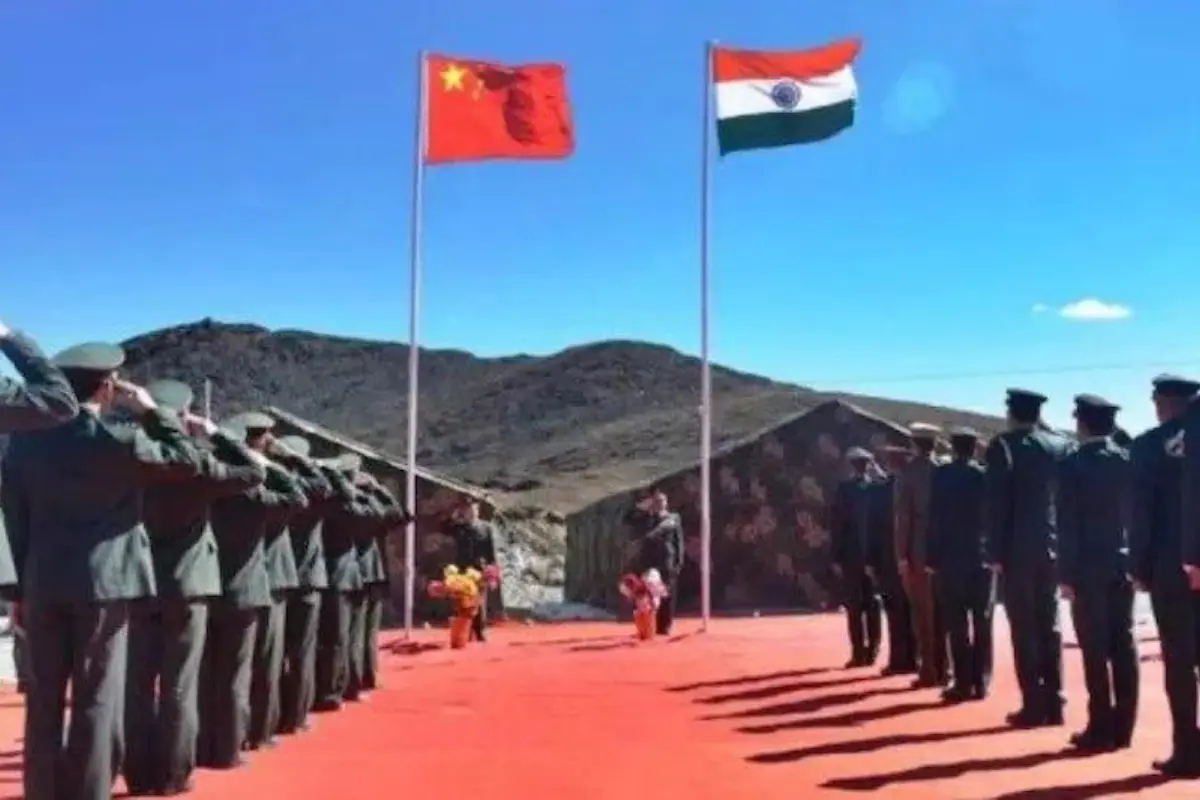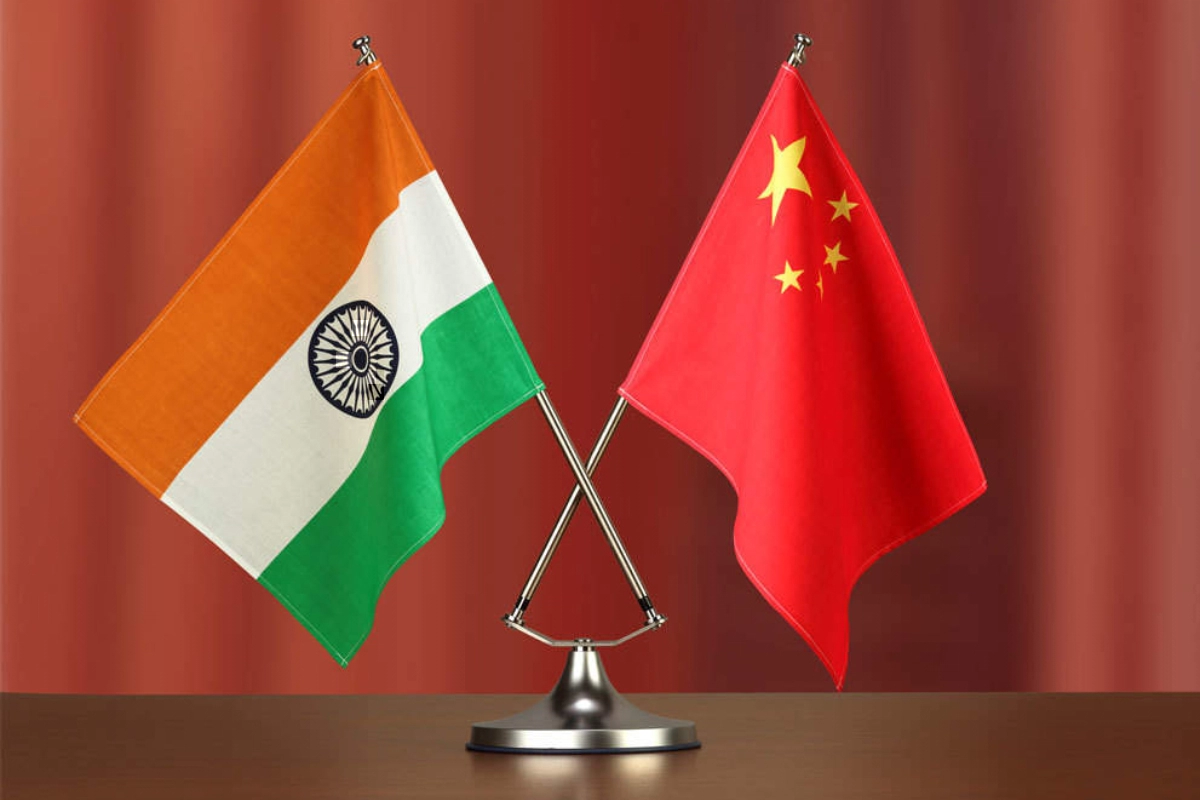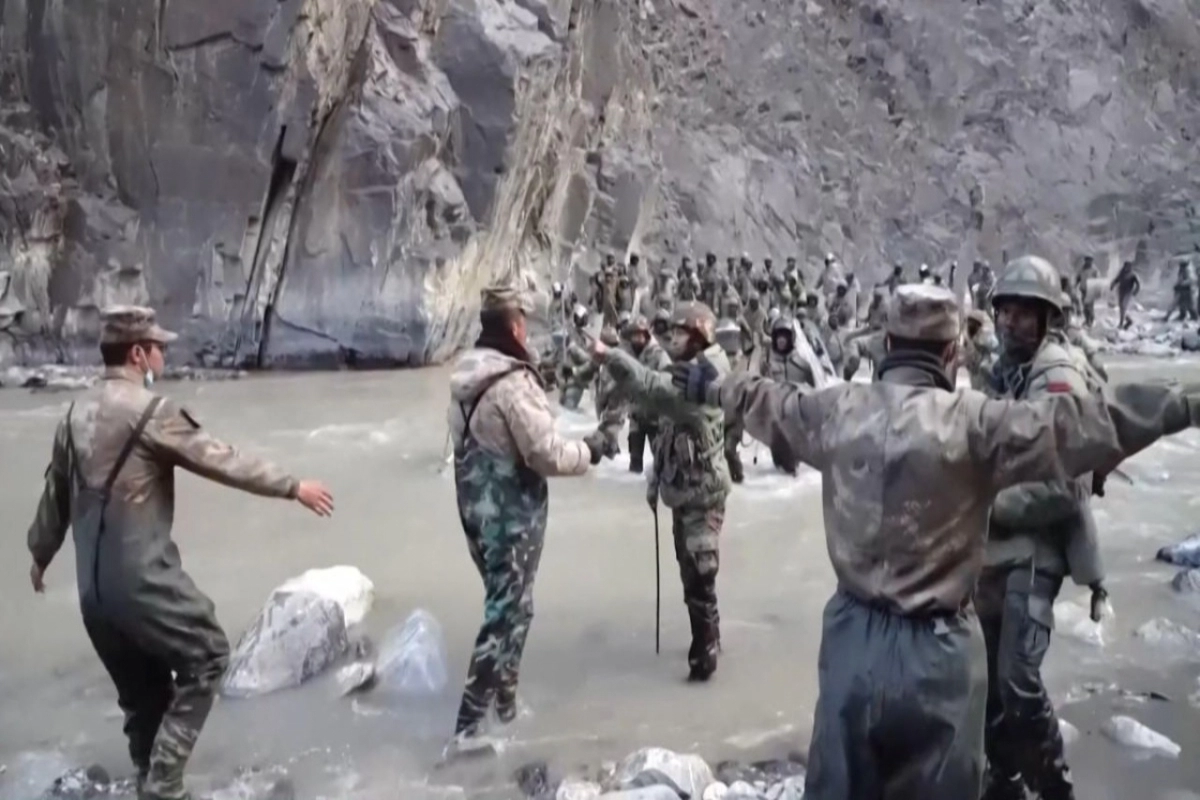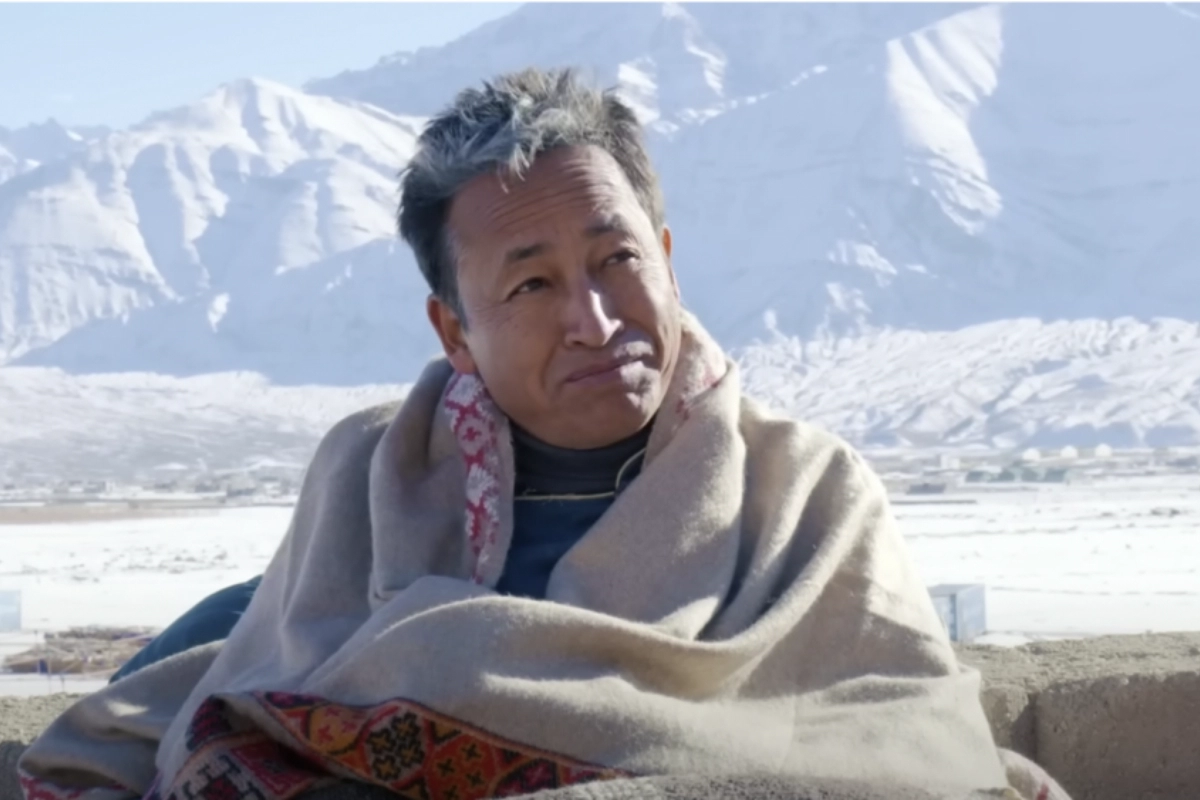India-China Border dispute: Army Chief Gen. Manoj Pande described the situation in eastern Ladakh as “stable but unpredictable” and stated that the goal of the following round of military negotiations will be to address problems at the two remaining flashpoints, which are understood to be Demchok and Depsang in that region.
The development occurs in the midst of the Indian and Chinese military’ roughly 30-month standoff in the high-altitude zone. Although there are signs that some People’s Liberation Army (PLA) battalions may be returning with the beginning of winter as they arrived for collective training, General Pande claimed there has been no drop in the strength of the Chinese forces at the Line of Actual (LAC) in the area.
General Pande said, “If I have to describe it (situation) in a single sentence, then I will say that the situation is stable but unpredictable.”
Also Read: US Elections: Donald Trump to declare his 2024 presidential bid next week, as per a close aide
China constructing helipads, airfield and roads
It is crucial to remember that the Army Chief stressed that Chinese construction of helipads, airfields, and roads up to the passes has continued “unabatedly.
It is crucial to remember that the Army Chief stressed that Chinese construction of helipads, airfields, and roads up to the passes has continued “unabatedly”.
According to him, “One of the notable developments has been the G695 highway which is parallel to the LAC, which will give them the ability not only to move forces forward but also switch forces from one sector to another.”
“As far as our preparations are concerned, our transition to the winter posture is currently underway. But we have also made sure that we have adequate forces and adequate reserves to be able to deal with any contingency,” he continued.
Army Chief noted, “But in the larger context, we need to very carefully calibrate our actions on the LAC to be able to safeguard both our interests and sensitivities yet be prepared to deal with all types of contingencies.”
General Pande quotes, “You are aware of the ongoing talks right at the political, diplomatic and military levels which have been going on between the two sides. Because of these talks, we have been able to find resolution in five out of the seven friction points which were on the table.”
He noted, “It is for the remaining two friction points that we are attempting to find resolution.”
The PLA’s (Chinese People’s Liberation Army) troop strength in the area, he added, has not decreased.
There hasn’t been a major decrease in the PLA’s force levels, he claimed, adding that there are signs that some of their brigades, which had come for the purpose of conducting collective training, are returning as winter approaches.
But there is no loss of strength on the LAC itself, he added.
The standoff in the Demchok and Depsang regions has not been resolved, despite the fact that both sides withdrew soldiers from a number of flashpoints after a series of military and diplomatic discussions.
Additionally, he made mention of the discussions that took place between the two parties last month under the auspices of the Working Mechanism for Consultation and Coordination (WMCC) on India-China Border Affairs.
He stated, “I believe, via discussion, we hope to reach resolution in these two places (Demchok and Depsang) and we are waiting on the next date for the 17th round (of military talks) of talks.
On July 17, there was the 16th round of high-level military negotiations, which resulted in the September disengagement from Patrolling Point 15 in the Gogra-Hotsprings region.
Indian forces must pay attention to Chinese actions
In response to a question on Chinese President Xi Jinping’s request for PLA soldiers to be watchful enough to fight and win wars, he stated that Indian forces must concentrate on Chinese behaviour.
He said, “We all know that what the Chinese say and what they do is quite different. It is also part of their deception, or their nature, their character. What they say or articulate, we need to. But perhaps we need to focus on their actions rather than what is there in the written text or scripts or their articulation. Perhaps, then we will not go wrong.”
S. Jaishankar, the minister of external affairs, stated on Thursday that normal relations between India and China depend on stability in the border regions and clear communication from New Delhi to Beijing. Following a bloody altercation near Pangong Lake on May 5, 2020, the eastern Ladakh border standoff broke out.
While the troop and equipment pullout at Patrolling Point 17 (A) in Gogra took place in August of last year, the disengagement in the Pangong lake region took place in August of last year.
Keep watching our YouTube Channel ‘DNP INDIA’. Also, please subscribe and follow us on FACEBOOK, INSTAGRAM, and TWITTER












